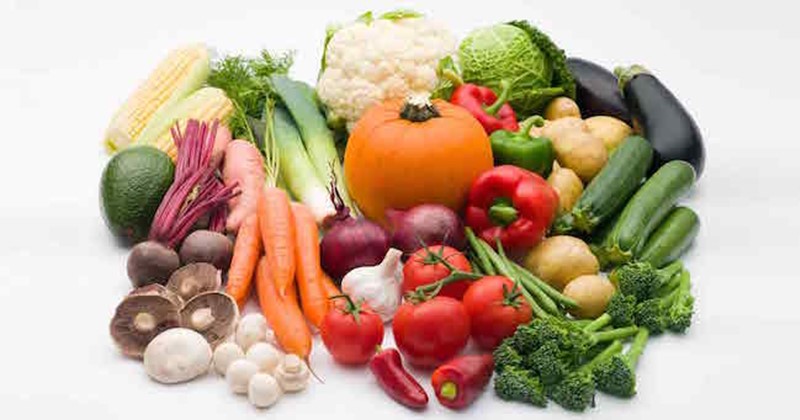
The spread of COVID-19 has had a dramatic impact on our way of life.
Bars and restaurants are closed. There are no live sports, movies, concerts or other forms of entertainment. Attractions are shut down to discourage large gatherings of people.
It is also having a significant impact on farms and agricultural processors across North America.
“For urban North America, we don’t often think about where our food comes from,” says Dr. Lucas Pantaleon, a technical veterinary advisory with Ogena Solutions. “We too easily forget that our food comes from farms and food processing facilities, and keeping them clean and safe — and operating — during a pandemic outbreak is of utmost importance.”
Since the outbreak came to North America, farmers have been facing significant challenges. Travel restrictions and quarantine regulations are making it difficult to bring migrant workers to prep the fields this spring. Processing plants have been forced to close for extended periods for deep cleaning — in fact, Canada’s largest single outbreak of COVID-19 has been in a meat packing plant. Restaurant closures have significantly reduced the market where farmers can sell their food. New procedures and guidelines are being adopted for cleaning and disinfecting around the farm.
On the positive side, farmers have plenty of experience practicing good biosecurity to contain disease threats, whether it is containing a virus like the porcine epidemic diarrhea or implementing preventive measures for foreign animal diseases like African swine fever.
“The COVID-19 pandemic is a bit different for farms as it is a threat to humans and not so much to the animals,” says Dr. Pantaleon. “It is vital that farmers protect both.”
Dr. Pantaleon offers the following insight into keeping North America’s farms safe during this pandemic.
- Practice Good Personal Hygiene — Farmers and their team should wash their hands with soap and warm water regularly, and avoid touching their faces. Wearing masks and gloves when in enclosed environments and physical distancing is not feasible is advised. This is not just to protect their employees, but also important visitors to the farm such as suppliers, transporters and inspection officials. Use a hand sanitizer that is at minimum 70 per cent alcohol, and it should be in contact with your skin for no less than 30 seconds.
- Disinfect Surfaces — The virus can live on plastic and stainless steel surfaces for up to three days. Follow the label directions closely of any disinfectant to ensure you respect the required contact time for the disinfectant to be effective. It should also only be applied to a clean surface. In other words, clean the surface first, then disinfect it.
- Practice Physical Distancing — We are at our safest when we stay at least two metres (six feet) apart from other people, which means some farms have to adapt the way staff is deployed. Staggering shifts is a sound strategy to ensure not everybody is at the farm at the same time. Also, encourage all employees to stay home if they are sick. Whether it is COVID-19 or not, an employee should not come to work if they are sick.
- Use Products that are Safe — Some disinfectants commonly used — like hydrogen peroxide and chlorine — can be harsh on animals, users, farm equipment and the environment.


